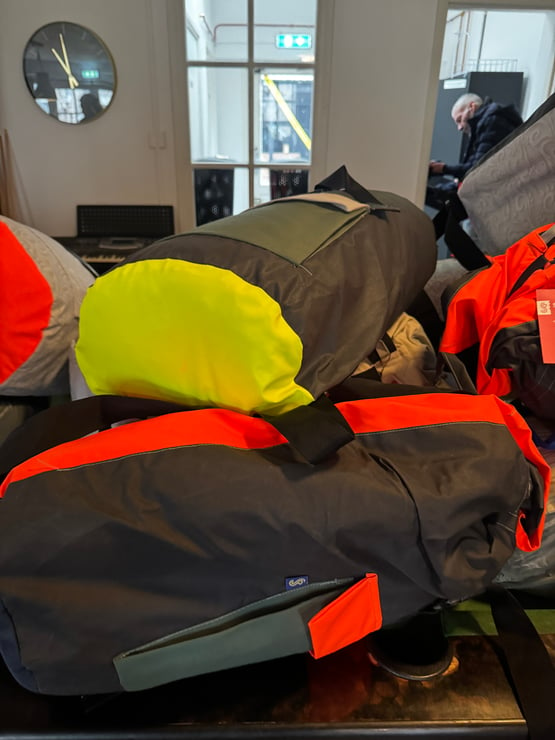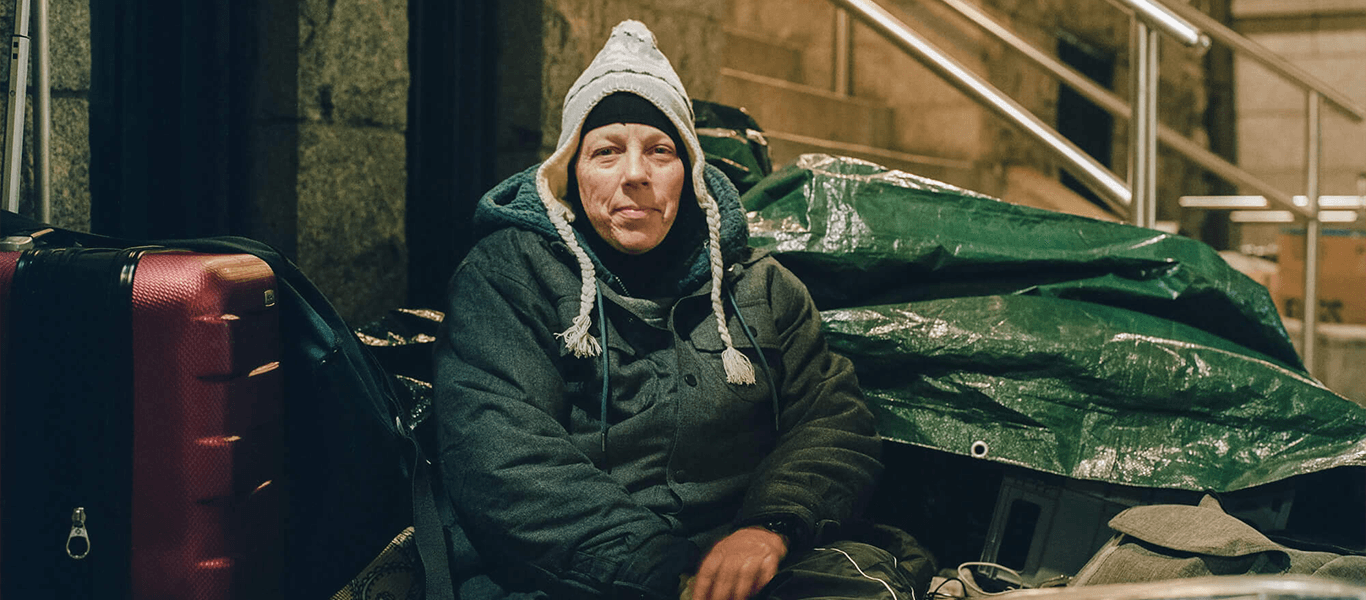Lala, now 57, has been living without his own shelter since 2013. For him, life on the streets is a struggle for dignity and safety. The years when he felt at home seem forever behind him. With his health problems and the challenges of living without a permanent address, every day becomes a struggle for survival. This is his story, an insight into a system invisible to many of us, but inescapable to people like Lala.
How everything began
In 2013, everything changed. After an accident in construction, working was no longer an option for Lala, and with no income, the eviction of his home soon followed. His only option seemed to be to temporarily move in with friends and acquaintances, but that proved more difficult than expected. “At one point, people were asking things of me that I didn't want to do. The only other option was the street. It wasn't what I wanted, but I felt I maintained my dignity by not giving in to that pressure.”
Rotterdam does have places to go on paper, but they are often subject to strict conditions. Whether or not I have papers should not determine whether or not I have a roof over my head. Everyone needs a place where they can sleep safely.
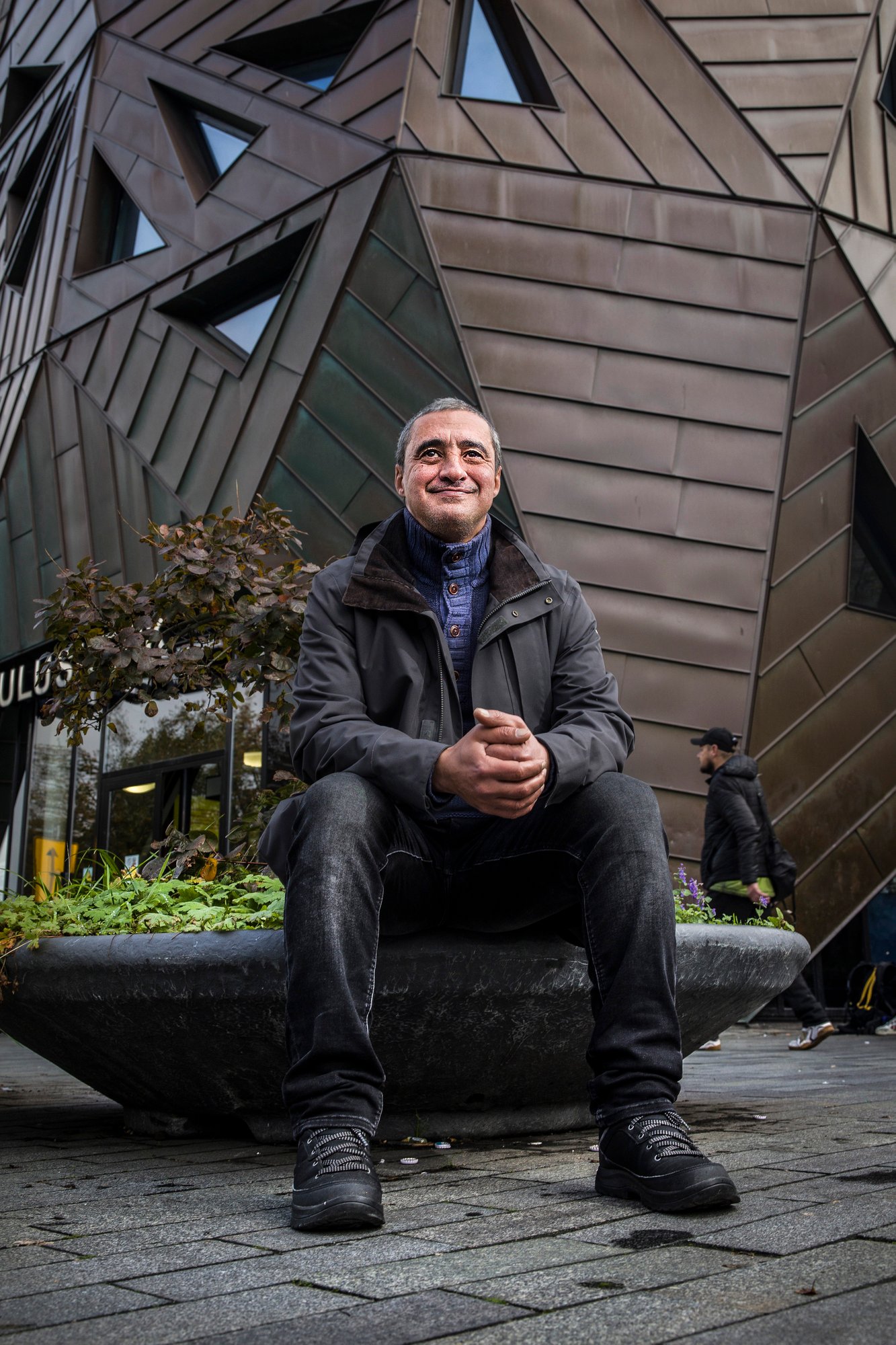
Always a guest, never at home.
- Lala on homelessness and an elusive future -
A homeless crisis or a housing crisis?
Lala sees homelessness not as a healthcare problem, but as a housing problem that is solvable. He strongly believes that people like him deserve a chance at a stable life. That starts, he believes, with permanent shelter without conditions.
“Homelessness is a housing problem, not a care problem. When people have a roof over their heads, they are less likely to get sick and can look toward the future again. Give us a place to sleep first, and then see what else a person needs. Whether that's care, work, or just time to catch their breath.”
The daily search for a safe place Lala eventually ended up on the streets, with a brief interruption of a year and a half, when he was able to stay with someone temporarily. But even that situation ran aground at some point. Now he sleeps at St. Paul's Church, a temporary shelter that offers him some peace of mind, but his stay is evaluated periodically.
“I have a place to sleep here and can sometimes sleep out, which is very important to me. But it's not a permanent place. It feels like I'm always a guest - welcome, but never home. And without a permanent place, I can't really look ahead, either.”
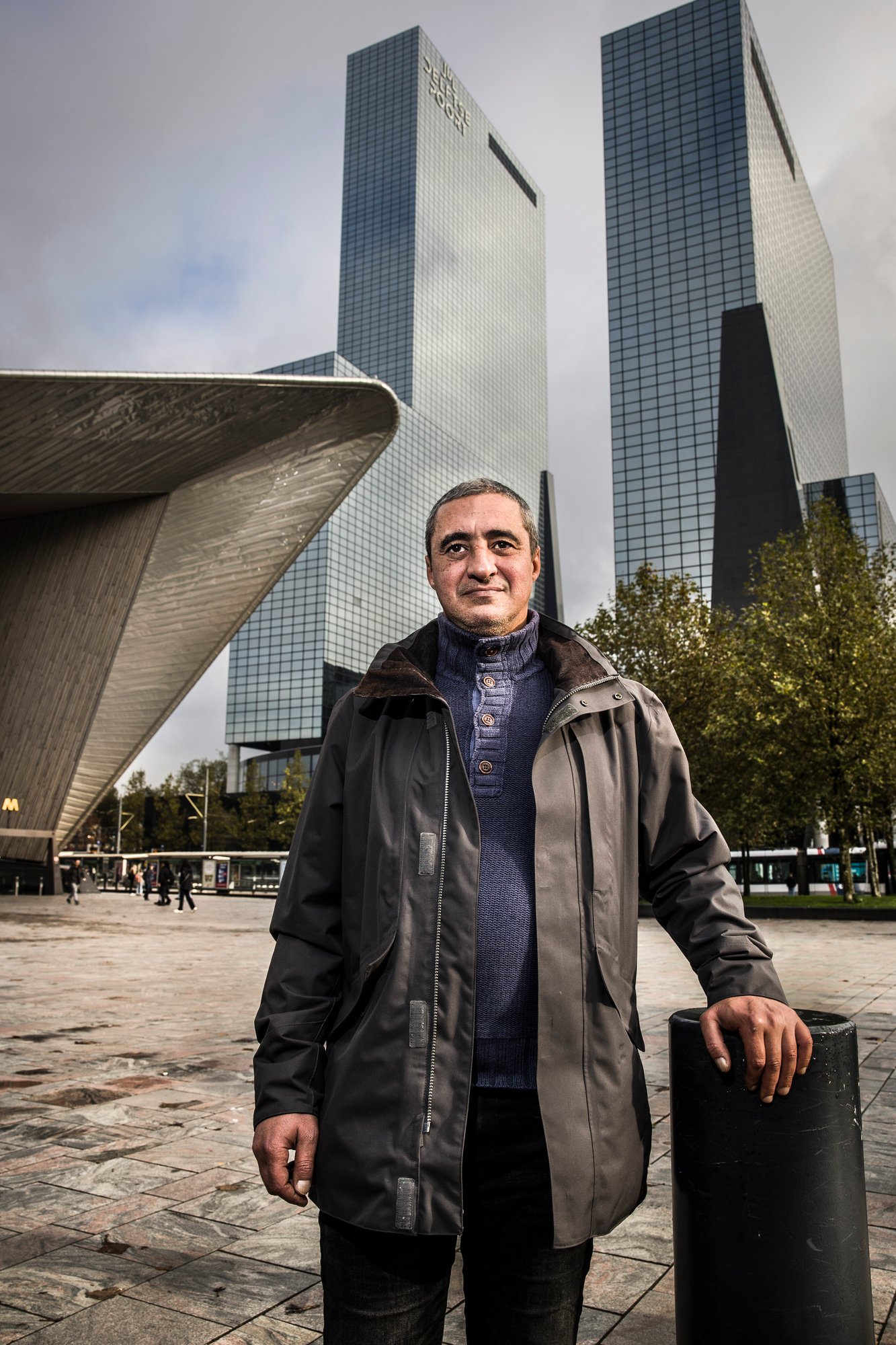
A call for permanent, unconditional shelter
According to Lala, places like St. Paul's Church have done their best to ease the pain, but cannot bring the fundamental change he - and many others - need. For the solution, Lala looks to a system of permanent, unconditional shelter.
“Without conditions, that's the only thing that works. People don't come here for free shelter, as the municipality seems to fear. People come to Rotterdam because they bond here, because they feel connected here. Providing permanent shelter would make the city safer, both for homeless people and for all residents.”
Homelessness can happen to anyone
Lala wants to change the perception of homelessness. For many people, it's hard to imagine that it could happen to them, too. But Lala often sees how vulnerable we all can be, even when life is seemingly right on track.
“No one is safe from homelessness. An accident, an unexpected event - it can happen so quickly. I know people who ended up on the streets from a happy life. If there was a greater understanding of how quickly and unexpectedly this can happen, maybe we would look out for each other more.”
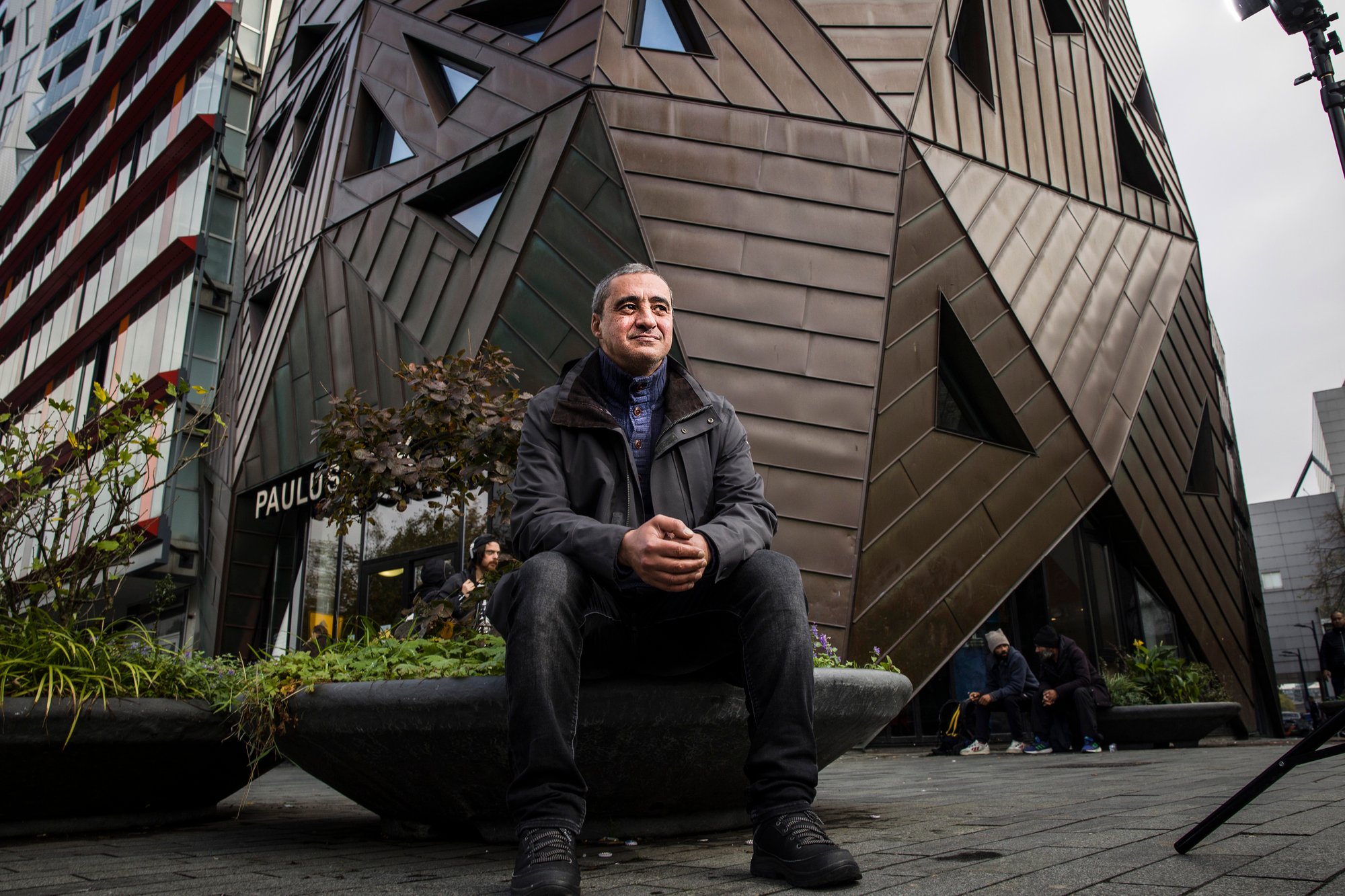
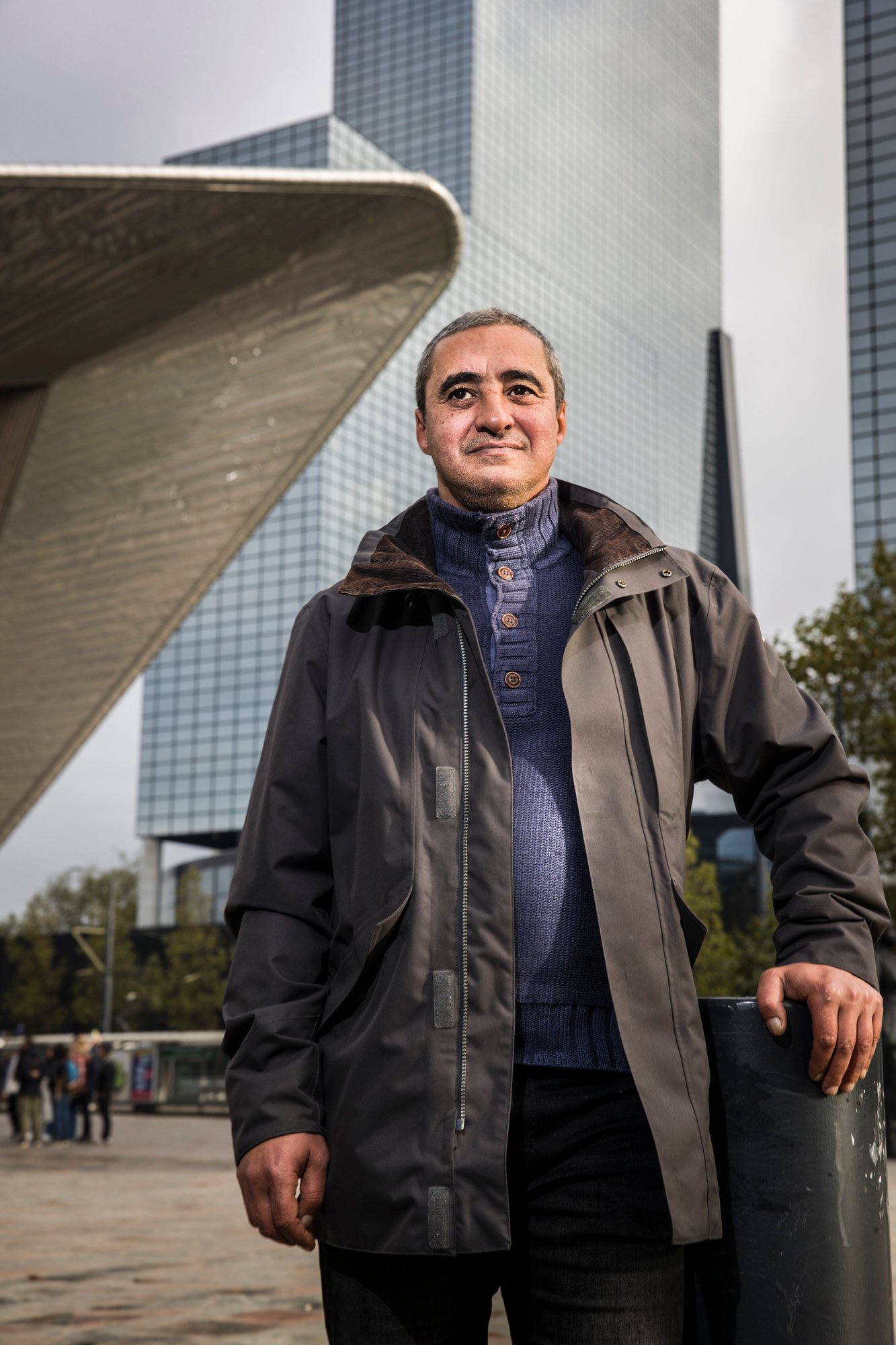
A safe place for everyone
Lala's message to policy makers and residents of Rotterdam is clear: create safe places, without conditions, and give people space to be human again. A roof over one's head is not just an amenity, it is a right. And according to Lala, it should be within reach for everyone.
“A smile, a piece of humanity, that costs nothing but means everything. Give us the chance to belong, then we can contribute to this city. No one wants to live like I do now. But without support and without a place to go, I remain trapped in this circle.” With his story, Lala seeks to provide a glimpse not only into the difficult reality of homelessness, but also into the opportunities that exist to alleviate it. His vision is hopeful, his message urgent: start with a roof. For that is the beginning of everything.
The daily search for a safe place Lala eventually ended up on the streets, with a brief interruption of a year and a half, when he was able to stay with someone temporarily. But even that situation ran aground at some point. Now he sleeps at St. Paul's Church, a temporary shelter that offers him some peace of mind, but his stay is evaluated periodically.
“I have a place to sleep here and can sometimes sleep out, which is very important to me. But it's not a permanent place. It feels like I'm always a guest - welcome, but never home. And without a permanent place, I can't really look ahead, either.”
They’ll work best in the rain I think. We don’t get snow in London. Just colder rain.















